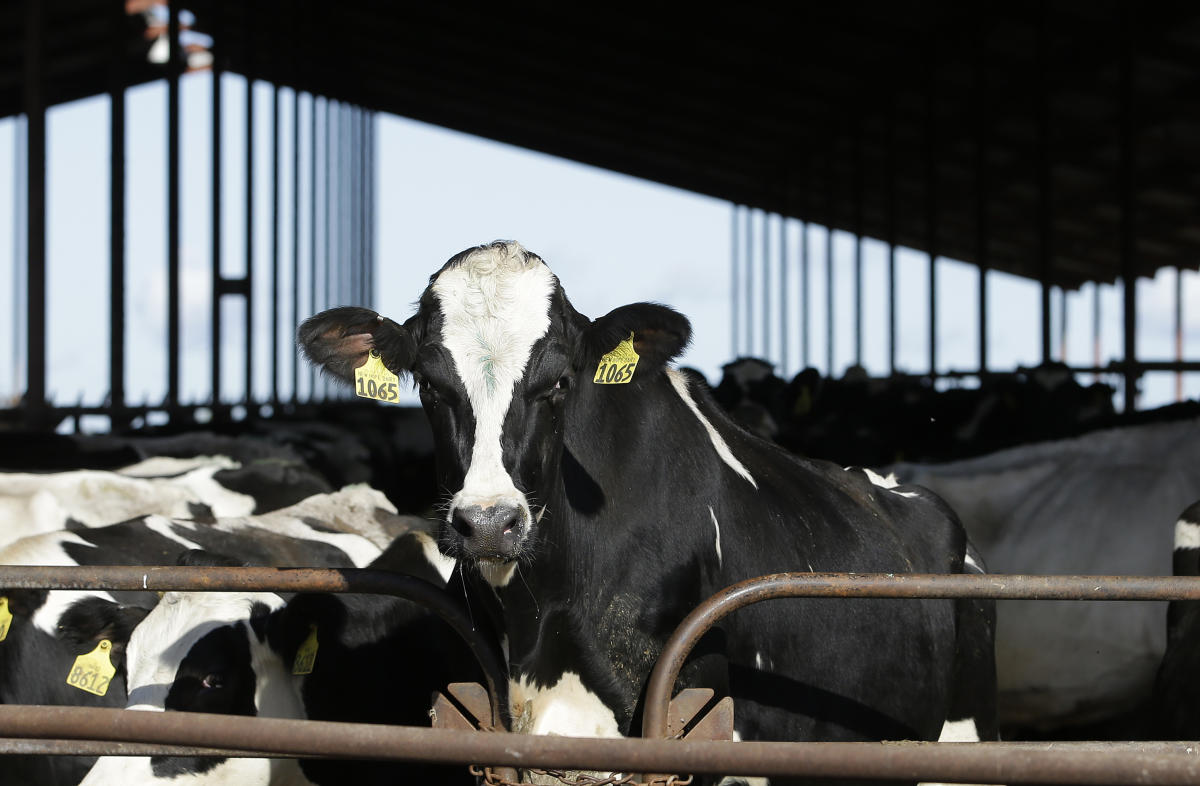U.S. FDA Detects Bird Flu Virus Remnants in Pasteurized Milk
News Date: [Current Date]
Introduction
The U.S. Food and Drug Administration (FDA) has announced that samples of pasteurized milk have tested positive for remnants of the bird flu virus, which has previously infected dairy cows. However, the FDA emphasizes that the detected material is inactivated and poses no risk to consumers. Ongoing studies are being conducted to further understand the issue and ensure the safety of the commercial milk supply.
Bird Flu Virus in Dairy Cows
The detection of remnants of the bird flu virus known as Type A H5N1 in dairy cattle is a recent development. The Agriculture Department has reported that at least eight states are affected, with 33 herds currently impacted. It is important to note that milk from infected animals is required to be diverted and destroyed, averting any potential contamination of the commercial supply. Federal regulations also mandate pasteurization for milk entering interstate commerce.
Findings and Reassurance
The FDA has not disclosed the number of samples tested or their sources, but has been evaluating milk from processing facilities and grocery stores. While awaiting further test results in the coming days to weeks, the agency has relied on the Polymerase Chain Reaction (PCR) lab test, proven to detect viral genetic material even after pasteurization. Notably, the FDA and the USDA have confirmed that the commercial milk supply remains safe, and there is currently no evidence of infectious virus.
The International Dairy Foods Association highlights the effectiveness of pasteurization in ensuring the safety of the U.S. milk supply. Both time and temperature regulations are strictly followed to eliminate any potential risks. Consequently, remnants of the virus have no impact on human health.
Bird Flu and Human Health
While the H5N1 virus is lethal to commercial poultry, it appears that most infected cattle recover within two weeks. The affected cows in Texas, displaying signs of lethargy and experiencing reduced milk production, were the first confirmed cases. Currently, there have been only two human infections in the United States. A Texas dairy worker who had close contact with an infected cow developed a mild eye infection but has since recovered. In another instance, a prison inmate participating in a work program contracted the virus while handling infected birds. The inmate’s only symptom was fatigue, and a full recovery was made.
Continued Research and Study
The FDA acknowledges the limited research on the effects of pasteurization on the specific bird flu virus H5N1 in dairy cattle. However, previous findings indicate that pasteurization is highly likely to inactivate heat-sensitive viruses like H5N1. The agency is committed to thorough follow-up investigations to ensure absolute safety.
[Your News Site] – The Associated Press Health and Science Department receives support from the Howard Hughes Medical Institute’s Science and Educational Media Group. The [Your News Site] is solely responsible for all content.


